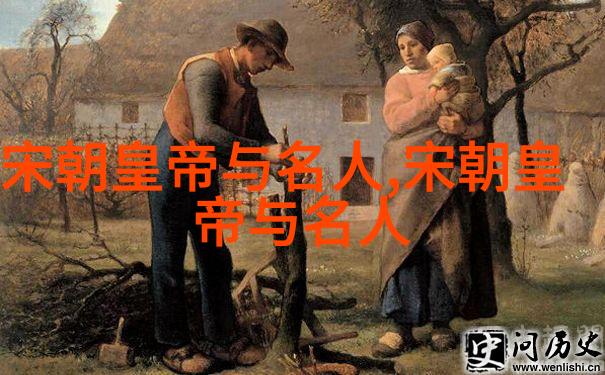Ming Dynasty Figures List and Profile Wu Yundong -
Introduction

Wu Yundong, a renowned Confucian scholar of the Ming dynasty, was born in 1489 in Nanjing. He is best known for his dedication to upholding the principles of Confucianism and his pursuit of truth and justice. This article will delve into the life and contributions of Wu Yundong, providing a comprehensive understanding of this important figure in Chinese history.
Early Life

Wu Yundong was born into a family with a long tradition of scholarship. His father, Wu Kuan, was an accomplished poet and historian who had served as an official under the Hongwu Emperor during the early years of the Ming dynasty. From a young age, Wu Yundong demonstrated exceptional talent in both literature and martial arts.
Education

Wu Yundong began his education at home under his father's guidance before entering various prestigious academies throughout China. During this time he studied classical texts such as "The Analects" by Confucius, "The Mencius," "The Great Learning," "The Doctrine of the Mean," as well as other works on philosophy, history, poetry, calligraphy, painting, music theory.
Career

In 1511 at twenty-two years old Wu passed all four parts (civil service examinations) which led him to become an official within government bureaucracy system known as juren; then he became xiucai after passing advanced exams called keju exam held annually by Imperial Court where candidates were tested on their knowledge based on classic texts like The Four Books.
He worked primarily within local administration roles such as prefectural magistrate or county magistrate positions which gave him direct contact with people from different walks-of-life allowing him to see firsthand how society functioned day-to-day.

As part-time instructor at imperial university (Guozijian), he taught students about moral values emphasizing virtues that are central tenets to confucian teachings
Through these experiences he gained valuable insight into societal issues affecting rural communities including poverty & corruption among local officials leading him to advocate for changes aimed at improving living conditions & reducing corruption among civil servants.
Philosophy & Influence
Throughout his career Wu remained committed to promoting Confucian values through education reform advocating that schools should be built near villages so they could reach more children regardless socioeconomic status ensuring equal opportunities access education.
His ideas influenced many scholars later generations contributing significantly towards development new educational systems
In addition he encouraged honesty integrity transparency amongst public officials believing these traits essential leadership qualities required building trust between citizens rulers
Moreover he believed it important social order stability come from good governance character-based leadership not just laws rules alone but also strong sense morality ethics
His writings reflected commitment personal growth self-cultivation alongside broader social change efforts - reflecting balance individual improvement collective progress
Wu's impact extended beyond academic circles influencing politics art culture - leaving lasting legacy shaping future generations' views on role government leaders individuals community members have fulfilling duties maintaining harmonious society
Conclusion
Wu Yundong lived during tumultuous times when Ming dynasty faced challenges internal strife external threats yet despite obstacles stood steadfastly adhering core principles while working tirelessly improve lives people around him left indelible mark shaping course Chinese intellectual thought remains influential today serving reminder importance virtue wisdom action combination achieving true greatness



